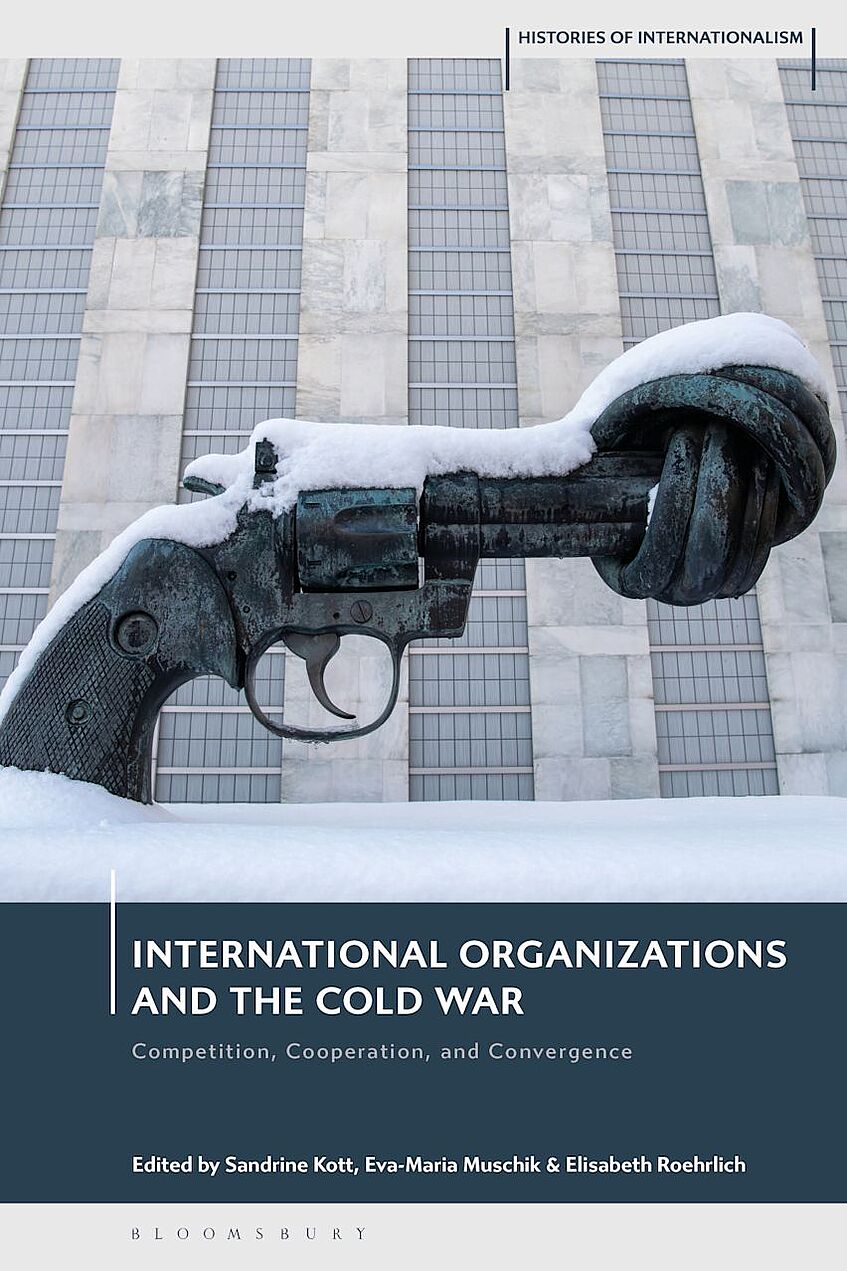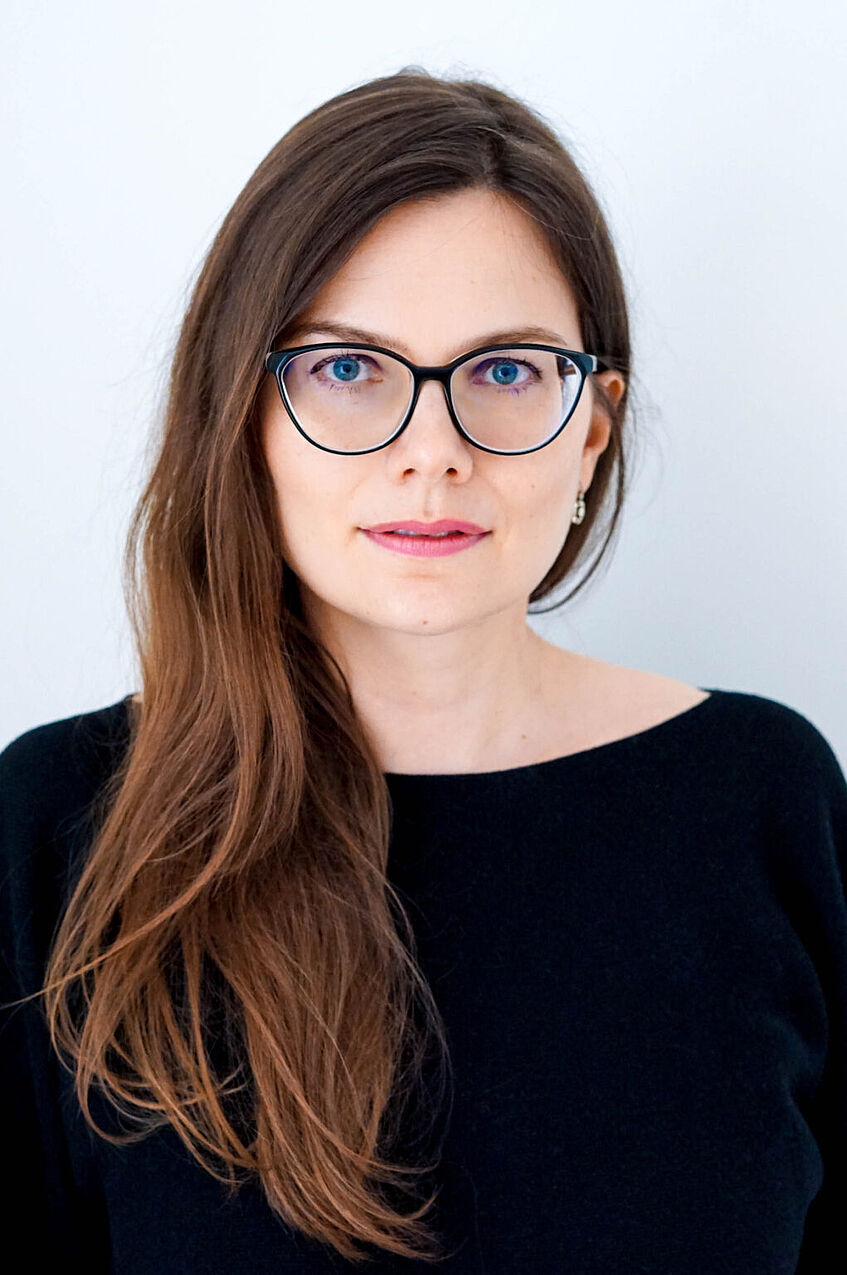
Dr. Se Young Jang, MSCA Fellow, IAEA2KOREAS
The IAEA and the two Koreas (IAEA2KOREAS)
This research project, which is supported by the Marie Skłodowska-Curie Actions (MSCA) under Horizon Europe and led by Se Young Jang, examines several critical junctures in the historical development of the relationship between the IAEA and the two Koreas—South Korea (ROK) and North Korea (DPRK)—with the aim of addressing how this international organization has evolved in its handling of (potential) nuclear proliferators. The historical paths of the IAEA with the two Koreas—the North, which succeeded in developing its own nuclear weapons, and the South, which abandoned its weapons program—have been more complex and less straightforward than is commonly assumed.
[more]

Edited volume on "International Organizations and the Cold War" by Sandrine Kott, Eva-Maria Muschik, and Elisabeth Roehrlich (2025).
Edited Volume on International Organizations (OPEN ACCESS)
The post-WWII era was a time of superpower confrontation and antagonistic bloc politics, but it was also a period in which organized internationalism reached its peak as both an ideological value and a political practice. This open access volume explores how international organizations affected the evolution and nature of Cold War rivalries, and how they in turn were shaped by them.
In seeking to understand the role that international organizations have played as sites of confrontation, this volume also highlights their role as spaces for mediation and negotiation, particularly for middle-size powers and colonized or newly decolonized countries. Through multiple perspectives, based on a diverse array of historical sources, the authors collectively explore how international organizations were able to bridge and move beyond the Cold War divide by promoting common causes and shaping common scientific knowledge, communities and practices. [Chapter by Simon Graham and Elisabeth Roehrlich on Stasi Espionage at the IAEA]

Dr. Elisabeth Roehrlich worked on this project while she was a visiting Senior Fellow at RWTH Aachen University (9/2024-2/2025)
An IAEA for AI?
Do we need an international monitoring agency for AI? The project seeks to intervene in the ongoing debate over an “IAEA for AI” by focusing on the beginnings of the so-called nuclear age and on early efforts to regulate dual-use technologies. Specifically, it aims to investigate how policymakers and diplomats, international civil servants, and nuclear scientists negotiated the terms of a future global nuclear order at the newly founded United Nations, 1945–1956.
[more]
